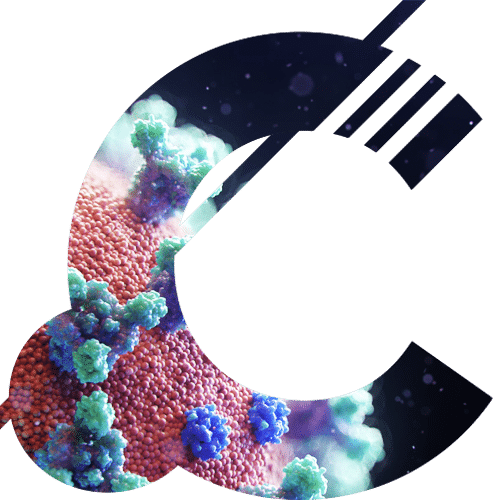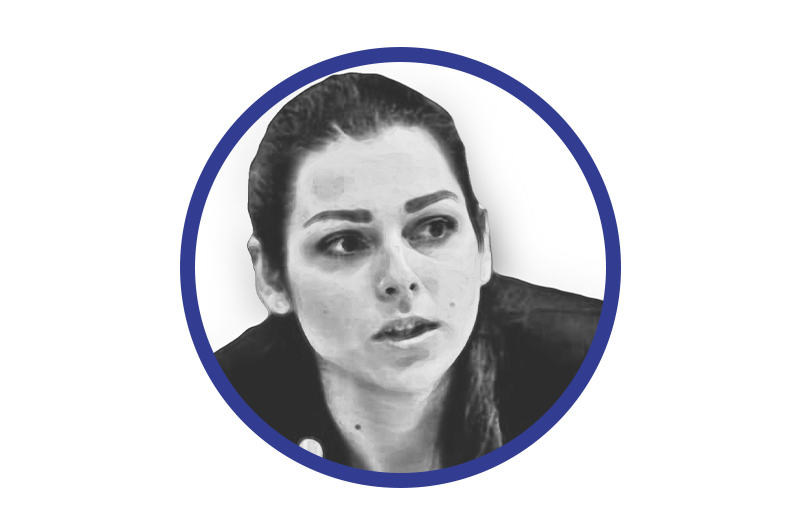The first crisis point of the COVID-19 disaster was figuring out how to respond, after being caught flat-footed, to the immediate health threat. Now that the death curve in many places has begun to flatten and the scope of economic disaster is hitting home, we are approaching crisis point two, which is all about how we move toward “reopening” the economy.
In the next weeks, as the economic pain and fear increases, the clamor to “get back to normal” is going to ramp up. Some politicians, sensing political opportunity, are already stoking that foment. The outcry for normalcy will certainly gain momentum.
The point that must be recognized and discussed, that begs our attention, is the fact that “normal” was killing us.
Cylvia Hayes
Most of our politicians and the for-profit media portray the economic disaster we are currently facing as strictly Covid-caused. It’s not. For many, many Americans the “normal” economy was already broken long before the first patients fell ill. C-19 is merely revealing fundamental flaws in societal and economic norms that have been eroding upward mobility, impoverishing entire communities and devastating the environment.
Before the onset of the pandemic more than fifty percent of all Americans were living paycheck to paycheck with little or no savings. In other words more than half of us were already living below or near the poverty line – half! Most at that marginal level were working long hours and multiple jobs just to pay monthly expenses, stay slightly above water and do their part to keep the economy growing. You could certainly make the argument the economy wasn’t really working for them; rather they were working their hearts out to feed the status quo economy.
At the same time, Income inequality in the U.S. was off the charts. Over the past fifty years, the highest earning twenty percent of households have steadily brought in a greater portion of overall income in the country. In 2018, the top twenty percent captured more than half of all income in the country. Income inequality in the U.S. is higher than any other G-7 country including the UK, Japan, Italy, Canada, Germany and France. Now more than ever before achieving the American Dream depends upon your zip code. Due to embedded biases toward the wealthy and privileged, “upward mobility” in this country is constrained, as never before, by income, race, and where we currently live. We have accepted as normal a Robin Hood society, in which wealth is systematically distributed upward from the poor to the rich.
Meanwhile, this same economic system that was failing millions of Americans, relied upon chewing up natural resources and ecosystems at a relentless, rapacious pace. The large-scale sacrifice of environmental health for economic growth was also accepted as normal. It should serve as a stunning existential wake-up call that the only real winner in the COVID-19 crisis at this point is the planet. Air pollution is down; climate change emissions have dropped precipitously; water pollution is down. Even wildlife trafficking and consumption is down. All of this is happening because we’ve been forced to push pause on an economic system that is fundamentally unsustainable in that it grows by destroying natural systems and our planetary life support structures.
Here’s yet another aspect of normal that should give us serious pause. COVID-19 shows that our status quo economic system is devastatingly fragile. For the massive numbers of people at or near the poverty line loss of a job means immediate crisis. The public support programs being pushed out now, while essential, are adding to a level of national debt already unprecedented and which we have no real idea how to deal with. In fact, the bulk of economic growth over the past couple of decades has largely been debt driven, and that was viewed as normal. Add to this, the U.S. pharmaceutical industry stopped manufacturing antibiotics because they don’t turn as much profit as other, less universally necessary drugs; we now get 97 of our antibiotics from China. Meanwhile Big Pharma, artificially hikes rates of certain life-saving drugs and, like big Oil, gobbles up millions in federal subsidies each year. Our seemingly robust U.S. economy was a house made of cards and COVID-19 blew in a mighty wind. It was a stress test for our current economic system and the system failed; this economy of, by and for the ultra-wealthy was eviscerated by a virus.
In a powerful cautionary tale, remember that after the great recession of 2008, for the most part, we did just go back to normal; we got the economic engine churning again and through hard labor, escalating environmental destruction, propping up Wall Street and the finance industry, blowing open oil and gas drilling, and mushrooming the chasm between the ultra-wealthy and all the rest of us. And, well, that led us to where we are today.
Just because a thing is normal doesn’t mean it’s good.
Cylvia Hayes
We have before us a decision of epic magnitude. We can let the discomfort and fear overwhelm us and put all of our energy into getting things back to the way they were, or, we can take a stand for creating a new normal. This is the biggest challenge and opportunity of our era.
Right now, as we are still, mostly, in this abnormal space of relative stillness, with life-as-we-have-known-it on pause, is the perfect time to ask what would we like “normal” to look like?
- What kind of work would we like to do?
- How much would we like to work?
- Do we really need to drive to work everyday?
- What kind of businesses would we like to see in our community?
- How and how much would we like to travel?
- Are we really OK with so much wealth in the hands of so few?
- Are we really OK with the ecological destruction that has been normalized?
- What actually makes us happy?
It is so critically important to remember the economy is not an act of God or a force of Nature. It is a human-made construct. We invented it and groom and redirect it all the time. That means we can reinvent it, now.
Let’s not waste this crisis. Let’s not let all the lives and livelihoods lost just be collateral damage of a broken system but rather the impetus to create anew a world that works better for all of us.
We need a new normal and there has never been a better chance to create one.
Lire l’article sur le site d’origine



